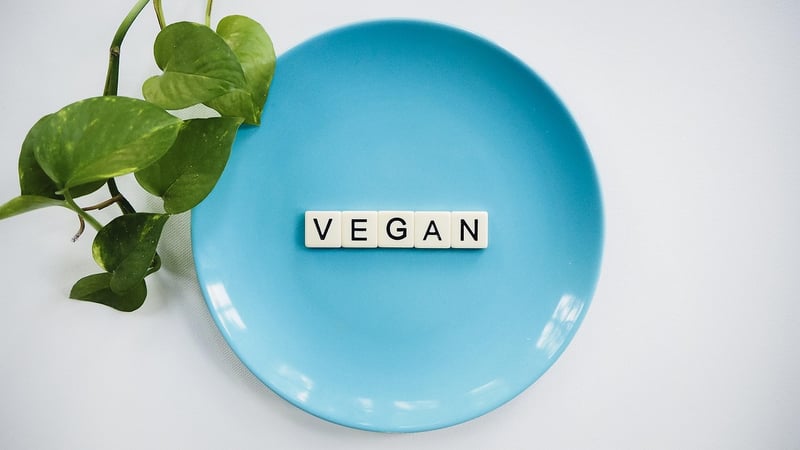Plant-based Options
The Essential Components of a Plant-Based Diet
Embracing a plant-based diet has numerous benefits for your health, the environment, and animal welfare. Whether you are a seasoned vegan or just starting to explore plant-based options, understanding the key components of this lifestyle can help you make informed choices and ensure you are meeting your nutritional needs.
1. Fruits and Vegetables
Fruits and vegetables are the foundation of a plant-based diet. They are rich in vitamins, minerals, antioxidants, and fiber, essential for overall health.

2. Whole Grains
Whole grains like quinoa, brown rice, oats, and whole wheat provide complex carbohydrates, fiber, and important nutrients such as B vitamins and iron.

3. Legumes
Beans, lentils, chickpeas, and peas are excellent sources of plant-based protein, fiber, iron, and other essential nutrients.

4. Nuts and Seeds
Nuts and seeds are packed with healthy fats, protein, fiber, vitamins, and minerals. They make great snacks and additions to salads and dishes.

5. Plant-Based Protein Sources
Include tofu, tempeh, seitan, and plant-based meat substitutes like Beyond Meat or Impossible Foods to ensure an adequate protein intake.

6. Dairy Alternatives
Opt for plant-based milk (almond, soy, oat), yogurt, and cheese to replace dairy products and reduce your intake of saturated fats and cholesterol.

By incorporating these key components into your plant-based diet, you can enjoy a diverse range of delicious and nutritious meals while contributing to your well-being and the planet's health.
